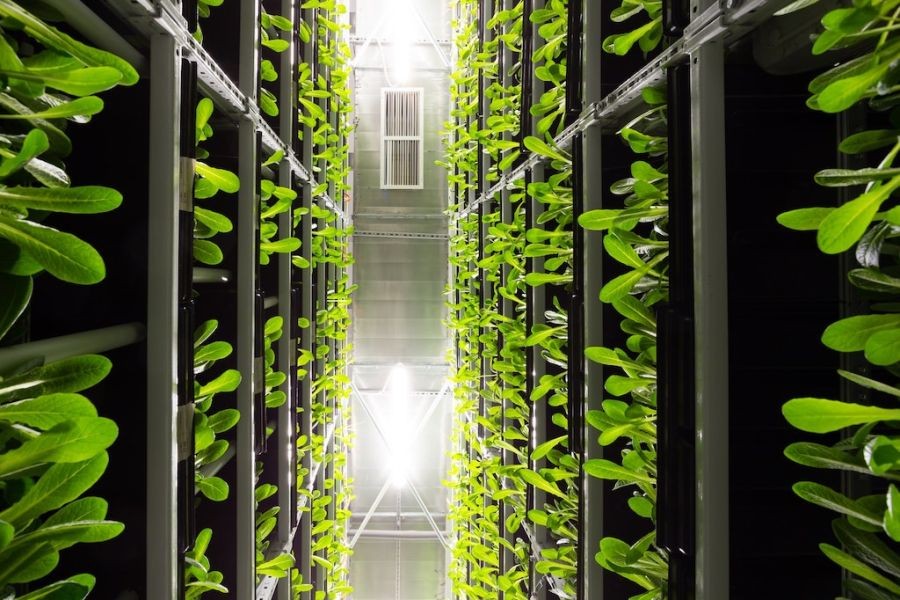In recent years, the landscape of child-rearing in Australia has undergone significant transformations, driven by technological advancements, socio-economic shifts, and evolving cultural norms. As we navigate towards the future, it's clear that the way future generations will be raised in Australia will differ markedly from previous eras. This evolution is shaped by various factors, including economic policies, technological innovations, and changing societal values. For management consultants, understanding these trends is crucial in advising businesses and organizations that cater to or are affected by these demographic shifts.
The Economic Context: Influences on Parenting
Australia's economy, marked by its robust financial systems and dynamic growth sectors, plays a pivotal role in shaping parenting trends. According to the Australian Bureau of Statistics (ABS), the median household income has seen a steady increase, allowing many families more financial flexibility. However, the rising cost of living and housing prices, particularly in urban centers like Sydney and Melbourne, continue to exert pressure on family budgets. This economic landscape influences decisions around family planning, childcare, and education, prompting parents to seek cost-effective yet quality solutions for raising children.
The Impact of Government Policies
The Australian government's policies on parental leave and childcare subsidies significantly impact how children are raised. The Paid Parental Leave Scheme, introduced by the government, aims to support working parents, allowing them to balance work and family life better. Such policies not only ease the financial burden on families but also encourage shared parenting responsibilities. As these policies evolve, it's expected that they will further support gender equality in parenting roles, influencing the upbringing of future generations.
Technological Advancements: A New Era of Parenting
Technology is increasingly interwoven into the fabric of everyday life, and its influence on parenting is profound. From smart home devices to educational apps, technology offers innovative ways to support child development and learning. According to a Deloitte report, 70% of Australian households with children have adopted some form of digital learning tool. These technologies offer personalized learning experiences, fostering an environment where children can thrive at their own pace.
AI and Automation in Child Development
Artificial Intelligence (AI) is a game-changer in the realm of education and child development. AI-powered tools can tailor educational content to fit a child's unique learning style, promoting more effective learning outcomes. For instance, companies like Mathletics are using AI to create adaptive learning experiences that challenge students at optimal difficulty levels, enhancing engagement and retention. While AI offers numerous benefits, it also raises concerns about data privacy and the potential for technology to replace human interaction, a critical component of child development.
Case Study: The Digital Transformation of Australian Education
Case Study: Sydney's Innovative School – Embracing Digital Learning
Problem: In 2019, a prominent Sydney school faced declining student engagement and academic performance. Traditional teaching methods were not resonating with the digital-savvy student body.
Action: The school implemented a comprehensive digital learning strategy, integrating AI tools and online platforms into their curriculum. This included partnerships with EdTech companies to provide tailored learning experiences.
Result: Within two years, the school reported a 25% increase in student engagement and a 30% improvement in academic performance. The use of digital tools enabled personalized learning, catering to each student's needs.
Takeaway: This case study highlights the potential of digital transformation in education. Australian schools embracing technology can enhance learning outcomes, preparing students for a digital future.
Cultural Shifts: Redefining Parenting Norms
Australia's multicultural society is another significant factor influencing parenting styles. As the country becomes increasingly diverse, parenting practices are enriched by a blend of cultural traditions and modern values. This cultural melting pot fosters a more holistic approach to child-rearing, where inclusivity and diversity are celebrated.
The Role of Community and Social Networks
Community support networks play a crucial role in modern parenting. With the rise of social media and online communities, parents have access to a wealth of information and peer support. Platforms like Facebook and parenting forums provide spaces for parents to share experiences, seek advice, and build supportive networks. This communal approach to parenting helps alleviate the pressures associated with raising children, offering a sense of solidarity and shared learning.
Common Myths & Mistakes in Modern Parenting
- Myth: "Technology replaces traditional learning." Reality: While digital tools enhance learning, they complement rather than replace hands-on experiences and human interaction, which remain crucial for child development.
- Myth: "Parental leave policies are sufficient for gender equality." Reality: Although beneficial, current policies still require improvements to fully support shared parenting responsibilities and gender equality.
- Myth: "Higher income guarantees better parenting." Reality: Effective parenting relies on time, attention, and emotional support, not just financial resources.
Future Trends & Predictions
As we look to the future, several trends are poised to shape how future generations in Australia will be raised:
- Personalized Education: AI-driven learning platforms will become more prevalent, offering customized educational pathways for students.
- Gender Equality in Parenting: Continued policy advancements will encourage more equitable parenting roles, fostering a balanced family dynamic.
- Sustainability in Child-Rearing: Environmental consciousness will influence parenting choices, with a focus on sustainable products and practices.
By 2030, it's anticipated that 50% of Australian schools will fully integrate digital learning platforms, revolutionizing the educational landscape (Source: CSIRO).
Conclusion
The way future generations will be raised in Australia is evolving, influenced by economic, technological, and cultural factors. For management consultants, understanding these trends is crucial in advising businesses and organizations that cater to these shifting demographics. As we embrace these changes, it's essential to balance technological advancements with traditional parenting values, ensuring that the next generation is well-equipped for the challenges and opportunities of the future.
What strategies do you think will most impact the future of parenting in Australia? Share your thoughts and join the conversation!
Related Search Queries
- Future of parenting in Australia
- Impact of technology on child development
- Australian parental leave policies
- AI in education Australia
- Cultural diversity in Australian parenting
People Also Ask
How does technology impact parenting in Australia? Technology offers personalized learning experiences and access to vast resources, enhancing child development. However, it also presents challenges like data privacy concerns.
What are the biggest misconceptions about modern parenting in Australia? A common myth is that technology replaces traditional learning methods. In reality, digital tools complement hands-on experiences, which are vital for development.
What are the future trends in Australian parenting? Future trends include personalized education through AI, greater gender equality in parenting, and a focus on sustainability in child-rearing practices.

































TeddyCastl
10 months ago